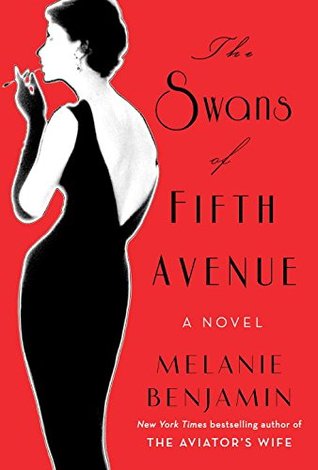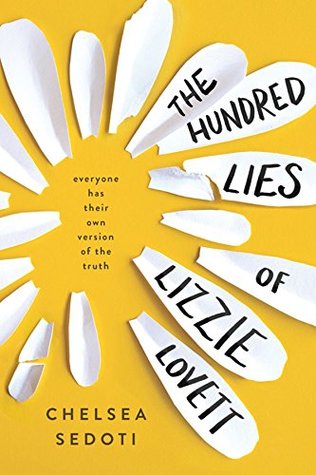
The list below features a couple of recent releases, two on-going series that I love and a modern classic.
1. Pushkin Hills by Sergei Dovlatov

I just read this book earlier this month and fell in love with Sergei Dolvatov's writing. Dovlatov immigrated to the United States from the Soviet Union in 1979. He work was never recognized in the Soviet Russia, but gained a lot of popularity after the break-up of the USSR. In America, his work was published in The New Yorker and was highly acclaimed by his contemporaries such as Kurt Vonnegut. Pushkin Hills was translated by his daughter and supposedly captures the author's unique style and sense of humor. In many aspects it is autobiographical in nature, but it is also a great snapshot of the Soviet Russia.
2. The Swans of Fifth Avenue by Melanie Benjamin

This is a fairly recent release. The book came out in January 2016, and focuses on the unlikely friendship between the flamboyant and strikingly talented Truman Capote and the glamorous socialite and trend-setter Babe Paley. This book is the reason I originally became interested and subsequently completely enamored with Capote's writing.
3. The Other Einstein by Marie Benedict

This is another recent release (October 2016). The book tells the story of Albert Einstein's first wife Mileva Maric. With the upcoming release of the film Hidden Figures, a look at women in science throughout history is certainly a poignant subject. Mileva was the first woman who was admitted to the Polytechnic University in Switzerland to study physics. She was brilliant and quite possibly contributed (without ever getting any credit for it) to Einstein's greatest work. This book was very educational and I highly recommend it.
4. Five Kingdoms by Brandon Mull

This is a very entertaining, imaginative and fast-paced middle grade fantasy series. 4 books are currently out and the last one is coming out later this year. It is about a group of kids who inadvertently while trick or treating on Halloween enter a different world and go on a series of wild adventures. Our entire family has enjoyed following this series and we cannot wait to read the conclusion.
5. Cainsville by Kelley Armstrong

Cainsville is a paranormal mystery series set in modern-day Chicago, but fairies and other fantastical creatures disguised as humans are very much part of this world. Each book is centered around a murder mystery which the main protagonist has to help solve. I have enjoyed all the books in the series (4 are currently out and 4 more are planned by the author), and I highly recommend them to those who like mysteries with a fantastical twist.





